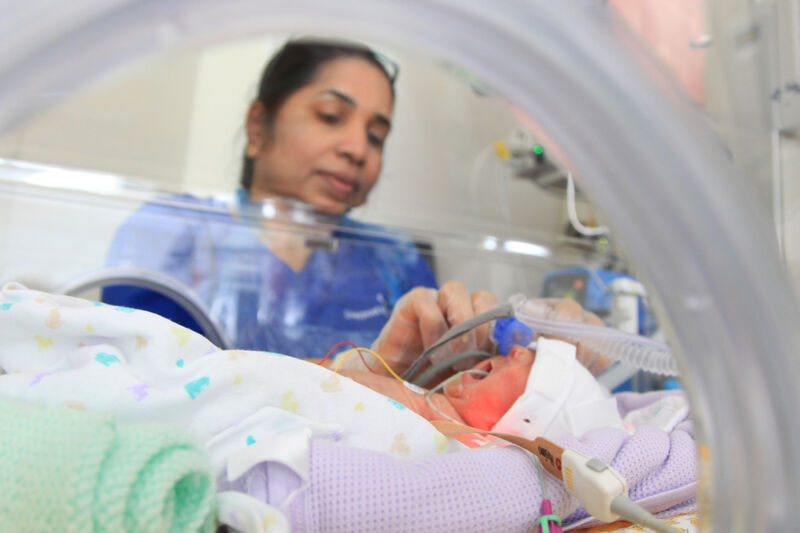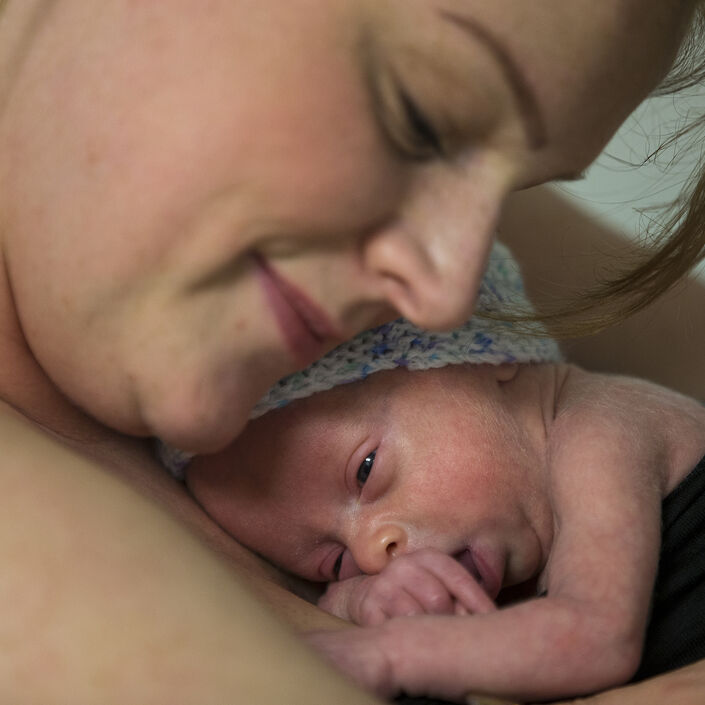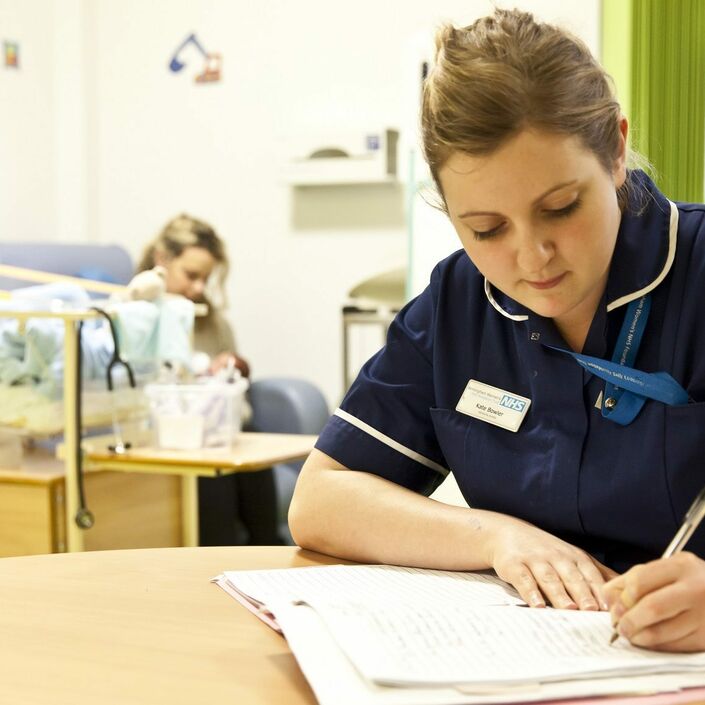When Bliss launched the Baby Charter in 2005, it was the first time that the rights of a baby born premature or sick had been clearly set down.
The first iteration of the Baby Charter was seven simple statements that encapsulated the care, respect and support that the most vulnerable babies should receive. These core principles of family-centred care – known today as the seven standards – were developed by Bliss together with an expert panel of multi-disciplinary health professionals.
In 2009, we then published a fuller set of standards that set out how the Baby Charter’s principles could be made a reality on neonatal units. This detailed framework helped units to assess and audit their service, and became a key tool in delivering excellent family-centred care and evidencing the positive difference it makes.


